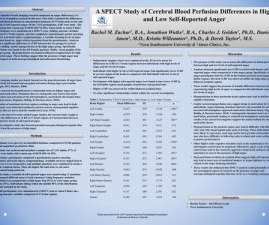What Is and Is Not a Psychological Treatment?
Society of Clinical Psychology
MAY 6, 2024
The Society of Clinical Psychology maintains a list of empirically supported treatments (ESTs), using a set of requirements colloquially referred to as the “Tolin criteria” (Tolin et al., Psychiatric medications, for example, might address psychological problems but are obviously not psychological treatments. Boness, C. Olatunji, B.






























Let's personalize your content